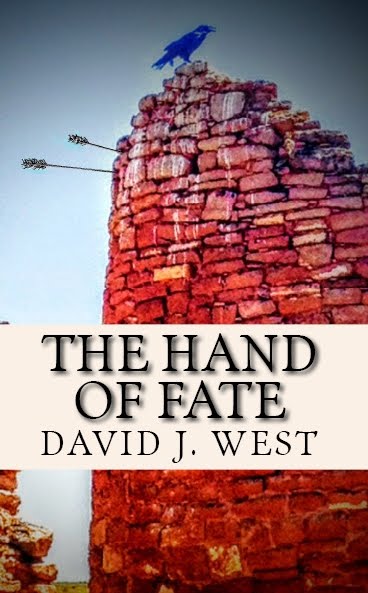
I recently watched the absolute classic Samurai movie "Yojimbo" its one of my all time favorites, afterwards I watched "Fistful of Dollars" Sergio Leone's spaghetti-western take on the same story. As much as I love Clint Eastwood and the "Man with No Name" I was almost dumbfounded at how much I preferred the original (we will not even discuss Bruce Willis's Last Man Standing version)-same thing with Seven Samurai versus Magnificent Seven both are great but the original is better.
I started pondering for the sake of storytelling why is that? What makes those better? It's not what I saw first-I saw the western adaptations first. I don't think its the cinematography, score, actors or directing. Its all the nuances, the little things the story itself tells you-or doesn't tell you. And you have to have the right balance. The right amount of wonder and resonance. Leave too much out and the audience is lost and left wanting, tell too much and the audience gets bogged down.

I recently read a story by a friend of mine Bruce Durham and I was struck that the things he didn't tell me (in the right way) were what made me think about the story after I put it down. Another friend had the same thing to say about Cormac McCarthy's The Road which I also love.
I can't put in a blog the magic key to the right things to leave out, Elmore Leonard famously said "I leave out the parts people skip".
I'll know it when I see it. I don't think its something you can fake-I write historicals and I leave things out that don't have to pertain to the story itself-But I know the background, I know why they are or aren't there. IF I didn't know I think the astute reader would recognize the hollow spots, as Hemingway called them. Its like the iceberg, most of it is hidden-but its there supporting the rest.
I remember during the edits for Heroes of the Fallen, the manuscript was 130,000 words. It needed to be cut, I cut a good 15,000 words and the book is better for it. Blood of Our Fathers is currently at 117,000 words and I have more to write to flesh out a few key scenes-and yet I know I will be going back in and cutting-hopefully with a scalpel and not a chainsaw. I'd like to think I've learned enough the last couple years that my editor won't need to do more than a few stitches and transfusions.




























10 comments:
Interesting point. The stuff left out, the mysteries unrealized, the plot turns that were taken but not revealed. This deserves some thought.
Thanks Charles, some of the things that were left out of 'Fistful of Dollars' also made it weaker to me-which is why I stress finding that right balance.
Thought I heard my ear ringing :)
Like you, I saw the westerns long before I saw the source material. To this day 'The Magnificent Seven' remains my favourite western. Still, it's not nearly as good as the 'Seven Samurai'. Geez. Now I feel like watching it along with 'The Whole Wide World'.
As for the subject of leaving things unsaid, unexplained or unrealized, I personally prefer to let the reader's imagination fill in the blanks.
Thanks for the mention, Dave.
You bet Bruce.
I still need to see 'The Whole Wide World'.
Robert E. Howards birthday today, for the rest of you.
Very excellent post, David, about the nuances of movies and books. And it does take us time, as writers, to learn how to do it well. It's something you sense, what is great versus what is just good or bad, that's difficult to explain. Hitchcock knew so well how to do it. He didn't fling everything in the viewer's face. There is so much beneath the surface that hits you in the gut, that you never forget.
You're exactly right Ann, I almost threw a Hitchcock quote in the post too. Great stuff.
And, it all goes back to Hammett's 'Red Harvest', which I really need to read this year. (seeing as how I read 'The Sharp End' last year)
http://david-drake.com/2005/the-sharp-end-2/
Paul-I remember hearing that now that you mention it-I'll have to check that out since I just finished 'The Thin Man'.
Excellent point, I have never thought of it before but the stuff left out can be just as important as the stuff left ine
Thanks Alva, glad you dropped by.
Post a Comment